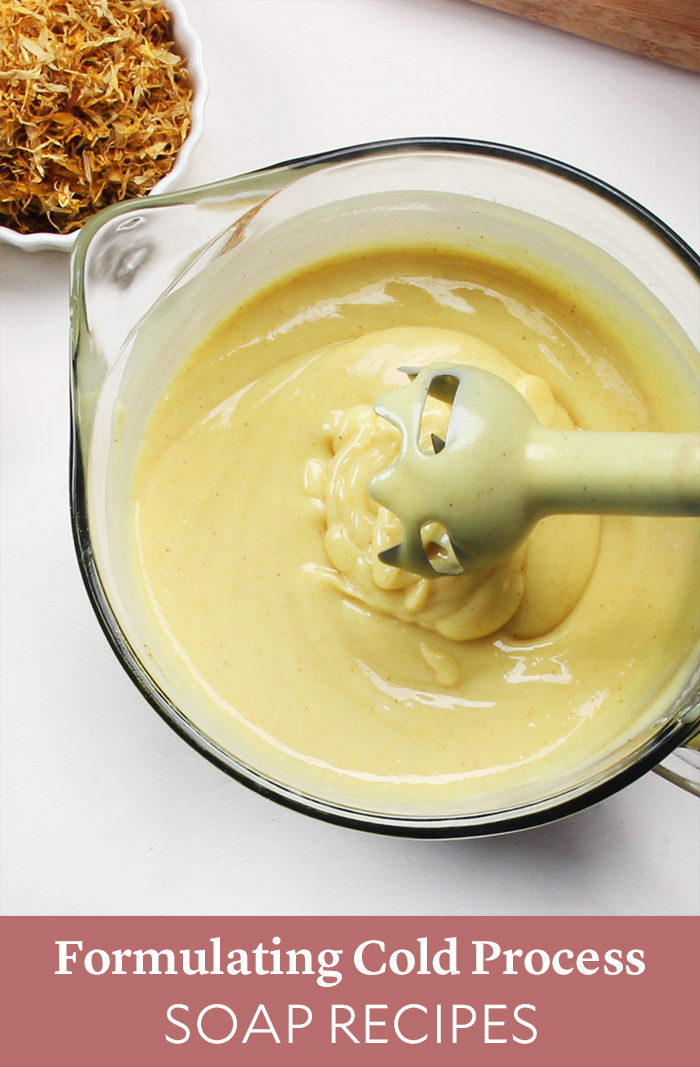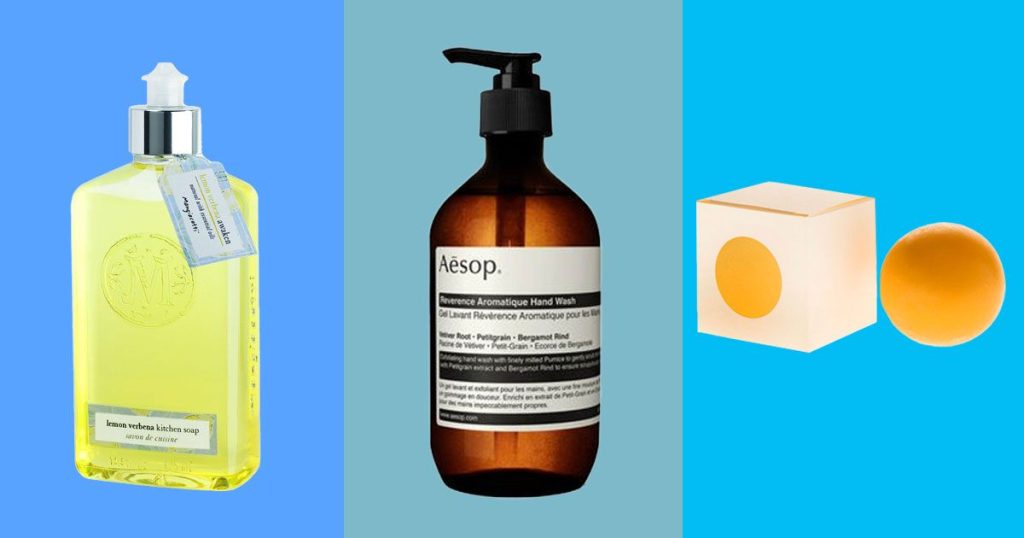100 Sunflower Oil Soap Recipe is a diverse collection of step-by-step instructions for making various types of soap using sunflower oil. The recipes cater to different preferences, covering everything from basic bars to scented and exfoliating variations.
These recipes offer a great opportunity to enhance your soap-making skills and create unique and all-natural products for personal use or gifting. With clear directions and ingredient lists, this comprehensive guide will enable both beginners and experienced soap makers to confidently explore the world of sunflower oil soap making.
Benefits Of Using Sunflower Oil Soap
Sunflower oil soap offers numerous benefits for the skin. It effectively moisturizes and nourishes, leaving the skin soft and supple. This soap is particularly beneficial for promoting a healthy complexion, as it helps to balance the skin’s natural oils. It is gentle and suitable for all skin types, including sensitive skin.
Sunflower oil soap is rich in essential fatty acids and vitamins, making it a great choice for those looking to improve the overall health of their skin. Its non-greasy formula is easily absorbed, leaving no residue behind. Regular use of sunflower oil soap can help to improve the skin’s texture, tone, and elasticity.
Enjoy the benefits of this natural, gentle soap for radiant and healthy-looking skin.
The Science Behind Sunflower Oil Soap
Sunflower oil soap is derived from the chemical composition of sunflower oil. Its unique properties, such as its high level of fatty acids, make it an excellent choice for soap making. When this oil is applied to the skin, it interacts in a way that nourishes and moisturizes.
The fatty acids in sunflower oil create a protective barrier on the skin, preventing moisture loss. Additionally, sunflower oil is rich in vitamin E, a powerful antioxidant that helps to repair and protect the skin from damage. Moreover, it has a lightweight and non-greasy texture, making it easily absorbed into the skin without leaving a residue.
In this blog post, we’ll explore the science behind sunflower oil soap and uncover its benefits for the skin.
100 Sunflower Oil Soap Recipe Variations
Variations are endless when it comes to the sunflower oil soap recipe. Start with the basic recipe, then explore different options. Enhance the soap’s appeal by adding natural colorants and exfoliants. Consider using ingredients like herbs, spices, or clays to give your soap a unique look.
To add fragrance, experiment with essential oils that suit your preferences. Lavender, citrus, or mint oils are popular choices. Be creative in combining scents to create your signature soap. The possibilities are limitless, and you can customize each batch to cater to different skin types or personal preferences.
With 100 variations to explore, you’ll never run out of exciting sunflower oil soap recipes to make and enjoy.

Credit: www.soapqueen.com
Basic Sunflower Oil Soap Recipe
Making your own sunflower oil soap is a simple and rewarding process. The ingredients required are sunflower oil, lye, distilled water, and essential oils for fragrance. To begin, carefully measure out the ingredients and ensure you have the proper safety equipment.
Next, mix the lye and water together, being cautious as the mixture can get very hot. Once the lye mixture has cooled, combine it with the sunflower oil and stir until it reaches trace. Pour the soap mixture into molds and allow it to set for a few days.
After the soap has hardened, remove it from the molds and let it cure for several weeks. This will ensure a milder and longer-lasting soap. For successful soap making, it’s important to follow the steps carefully and pay attention to measurements.
Enjoy the process and create your own homemade sunflower oil soap.
Adding Natural Colorants And Exfoliants
Sunflower oil soap can be enhanced by adding natural colorants and exfoliants. One way to achieve this is by incorporating herbs and botanicals, which not only give the soap a beautiful hue but also provide additional benefits to the skin.
Oatmeal, known for its soothing properties, can be used as an exfoliant to gently remove dead skin cells. Coffee grounds, on the other hand, can add a rich brown color and also serve as a natural exfoliant. By using these ingredients, you can create a unique and effective sunflower oil soap that is not only visually appealing but also beneficial for the skin.
So, why not experiment with different herbs and botanicals to add color and exfoliation to your homemade soap?
Scenting Your Soap With Essential Oils
Scenting your soap with essential oils is a wonderful way to add natural fragrances. For sunflower oil soap, there are popular essential oil blends you can use. To ensure the perfect scent, it’s crucial to measure and add the essential oils correctly.
Start by carefully following the recommended ratios for each blend. Use a reliable scale or dropper for accurate measurements. Remember that essential oils are highly concentrated, so a little goes a long way. Be aware of any potential allergies or sensitivities people may have to certain oils.
Experiment with different blends to find your favorite scents and create unique soap creations. Enjoy the beautiful aromas that emanate from your sunflower oil soap.
Troubleshooting Common Issues In Sunflower Oil Soap Making
Troubleshooting common issues in sunflower oil soap making can be challenging. When your soap doesn’t harden properly, it’s likely due to incorrect measurements or insufficient mixing. To avoid cracks or air pockets, ensure that you don’t overheat the oils and always add lye to water, not the other way around.
If your soap isn’t lathering well, it could be due to using too much or too little water in the recipe. Adjusting the water content can help achieve the desired lather. Experimenting with different oils and additives can also improve lathering.
Don’t get discouraged if you encounter these issues, as soap making is a learning process. With practice and diligence, you’ll overcome these challenges and create amazing sunflower oil soap recipes. So, keep experimenting and enjoy the creative journey!
Packaging And Storing Your Handcrafted Sunflower Oil Soaps
Packaging and storing your handcrafted sunflower oil soaps requires careful consideration. When choosing packaging materials, opt for options that are durable and can protect the soap from moisture and sunlight. Properly labeling your soaps is crucial to provide essential information to customers.
Include the soap’s name, ingredients, and any necessary warnings. Additionally, it’s important to consider aesthetic appeal and branding when designing labels. When it comes to storing and preserving the soap, keep them in a cool, dry place away from direct sunlight.
This will help maintain their quality and prolong their shelf life. It’s also recommended to use airtight containers to prevent any exposure to air and moisture. By following these tips, you can ensure your handcrafted sunflower oil soaps stay fresh and appealing for your customers.
Frequently Asked Questions On 100 Sunflower Oil Soap Recipe
Can You Make Soap With Sunflower Oil?
Yes, sunflower oil can be used to make soap. It is a versatile ingredient with beneficial properties.
How Much Sunflower Oil To Use In Soap Making?
For soap making, use sunflower oil as per your recipe’s instructions, ensuring accurate measurements.
Does Sunflower Oil Go Rancid In Soap?
Yes, sunflower oil can go rancid in soap due to its unsaturated fat content.
Why Is Sunflower Oil Good For Soap Making?
Sunflower oil is good for soap making because it produces a creamy lather and adds moisturizing properties.
Conclusion
The 100 sunflower oil soap recipes presented in this blog post offer a natural and nourishing alternative to commercial soaps. With their numerous benefits for the skin, such as moisturizing, healing, and anti-inflammatory properties, these homemade soaps are sure to leave you feeling clean and refreshed.
The versatility of sunflower oil allows for a wide range of recipe options, from simple and basic to luxurious and indulgent. Whether you choose to incorporate essential oils, exfoliants, or other natural additives, the result will be a unique soap tailored to your specific needs and preferences.
By making your own sunflower oil soap, you can avoid the harsh chemicals found in many store-bought alternatives and take control of what you put on your skin. So, why not dive into the world of DIY soap making today and experience the many benefits for yourself?

